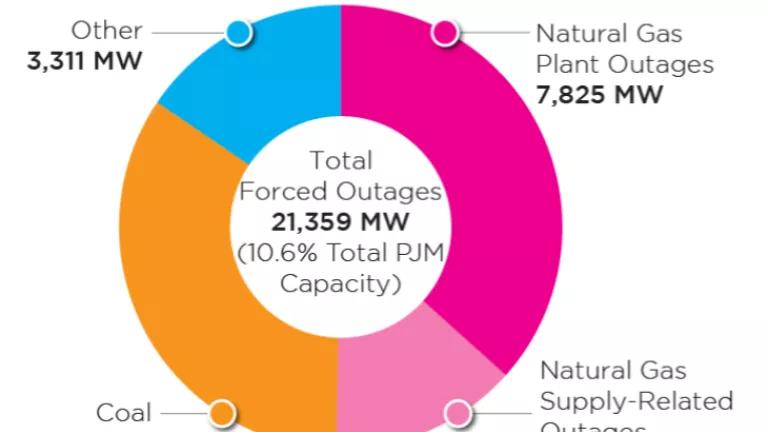Pesticide in your drinking water? An Amendment to Republican's Budget Bill Would Prevent EPA From Asking Questions.

There are a lot of problems with the House Republican’s “continuing resolution," a budget bill that has quickly turned into a hodgepodge of funding cuts and policy changes that will result in dirtier air, dirtier water, put children's and seniors' lives at risk, and run rough-shod over our national parks, wildlife, and natural heritage.
Now Congressman Aaron Schock (R-IL) wants to make it just a little bit worse. He has introduced an amendment (#279) to the bill that would prohibit the Environmental Protection Agency from spending any funds to evaluate the safety of the pesticide atrazine, one of the most commonly used herbicides in the United States.
Atrazine is often transported in runoff from fields to nearby surface waters. Atrazine is the most commonly detected pesticide in U.S. waters and can be found in more than 75% of stream samples and 40% of shallow groundwater samples in agriculture areas across the United States.
In recent years, the scientific evidence that atrazine can have serious effects on both public health and the environment has only grown. For examples, studies have indicated that prenatal atrazine exposure may increase risk of poor birth outcomes and birth defects in infants; others have linked atrazine urine levels in farm workers and rural men to reproductive effects, such as low sperm count and motility. Another recent study reported that 10% of male frogs that were born and raised in water contaminated with 2.5 parts per billion (ppb) of atrazine grew up with female sex characteristics, had reduced levels of male testosterone hormone, reduced sperm levels, and decreased fertility.
Representative Schock’s amendment would prevent EPA from even asking questions about these studies.
If EPA did decided to reduce atrazine use (and remember, Rep. Schock’s amendment doesn’t even want EPA to be able to examine the possibility), it would likely have very little economic impact. In fact, one study found that, despite a ban on the use of atrazine in Italy and Germany (both corn-producing nations) since 1991, neither country has recorded any economic effects on corn crops or production.
EPA needs to have the freedom to administer the basic environmental laws that safeguard our health and environment, not have its hands tied by politicians in the service of special interests.

